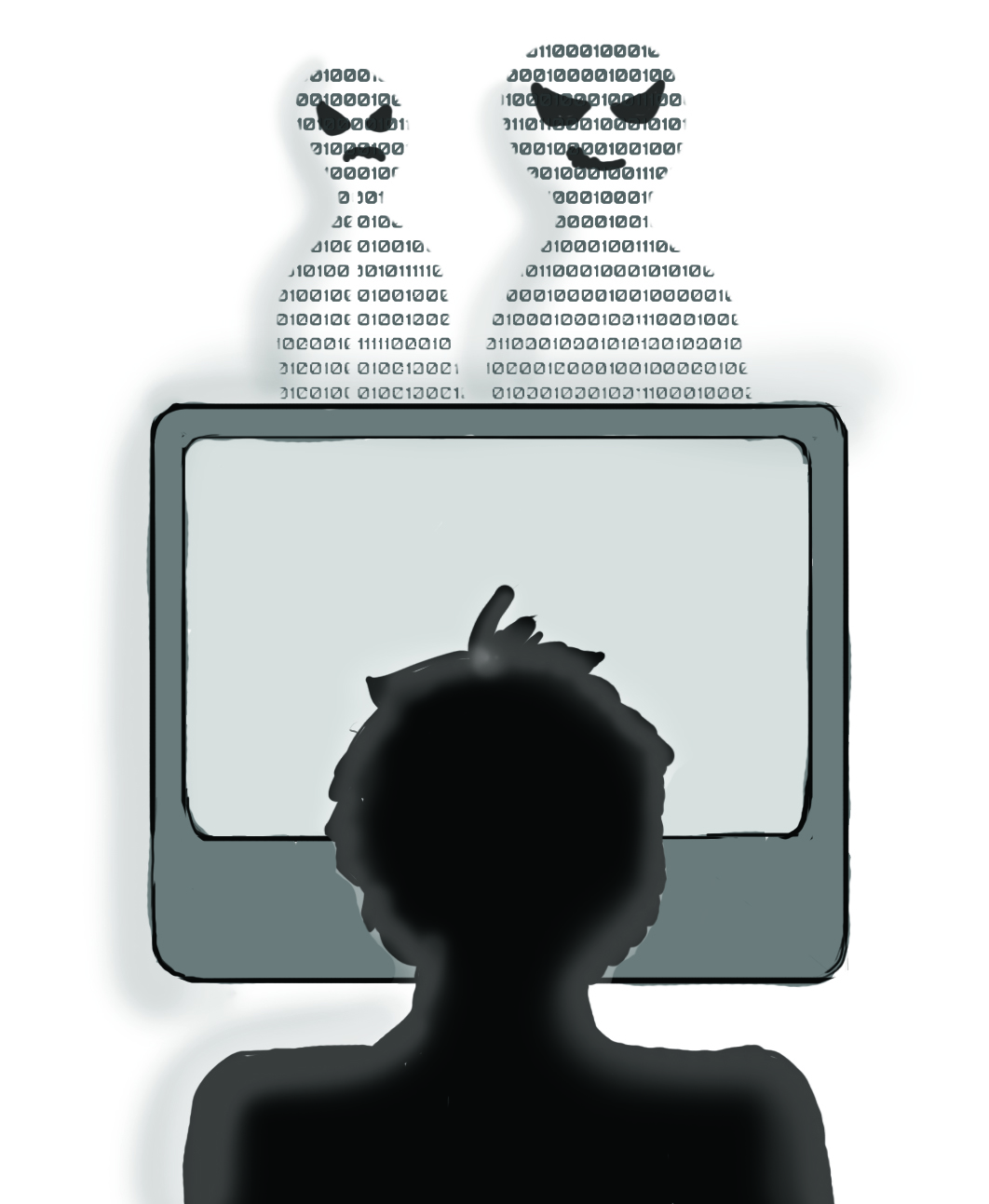Talking Mental Health: Bullying


Have you ever been in a situation where you felt someone was saying and doing things because they wanted to have power over you?
If anyone has ever called you names, used verbal taunts, put you down, excluded you, intimidated you or attacked you, then you have been bullied.
Bullying occurs when people don’t empathize with others and when they fail to behave with tolerance and respect.
Bullying can occur in your daily interactions and also frequently through the Internet and other interactive technology.
Cyber-bullying is often deliberate and repeated and can include threats, false accusations, monitoring and surveillance, identity theft, solicitation for sex and gathering information in order to harass.
Bullying can be subtle and difficult to recognize. For example, people may talk behind your back or you may find yourself excluded as punishment for resisting peer pressure.
Someone may make fun of you in a way that appears to be friendly teasing but is actually intended to hurt your feelings and make you feel inferior or uncomfortable.
Bullying can make you feel lonely and frightened. It can impact your self-esteem and your sense of security.
However, it can also cause more serious, longer-term effects like stress, anxiety, trauma, isolation, sleeplessness, poor concentration and memory and feelings of guilt and shame.
Bullies just want control, attention, to be popular or they might be jealous of others. They often repeat the way they have been personally treated in the past.
They might not even be aware of the destructiveness of their actions. Bullying is a learned behaviour, so it can be explored, challenged and changed.
If you are being bullied or have recently witnessed someone being abused, speak out.
If you feel comfortable, you can challenge the behaviour rather than ignore it. Express to the bully that their behaviour is not acceptable and to stop.
If you are being bullied now, or were in the past, you might benefit from professional support to deal with its long-term effects.
Remember that there is help available in the Laurier community. If you think you might engage in behaviours defined as bullying in this article, you can seek professional support to help explore yourself, your environment and ways to alter your behaviour.
Treat everyone with respect, and be active in creating a secure and positive campus community.
Check us out at www.mylaurier.ca/counselling. Our radio show Talking Mental Health airs on Radio Laurier on Mondays, Wednesdays and Fridays at 2 p.m. and Tuesdays and Thursdays at 11: 45 a.m.
For feedback or comments about the radio program, please e-mail: talkingmentalhealth@radiolaurier.com.
By Lindsay Rennie


